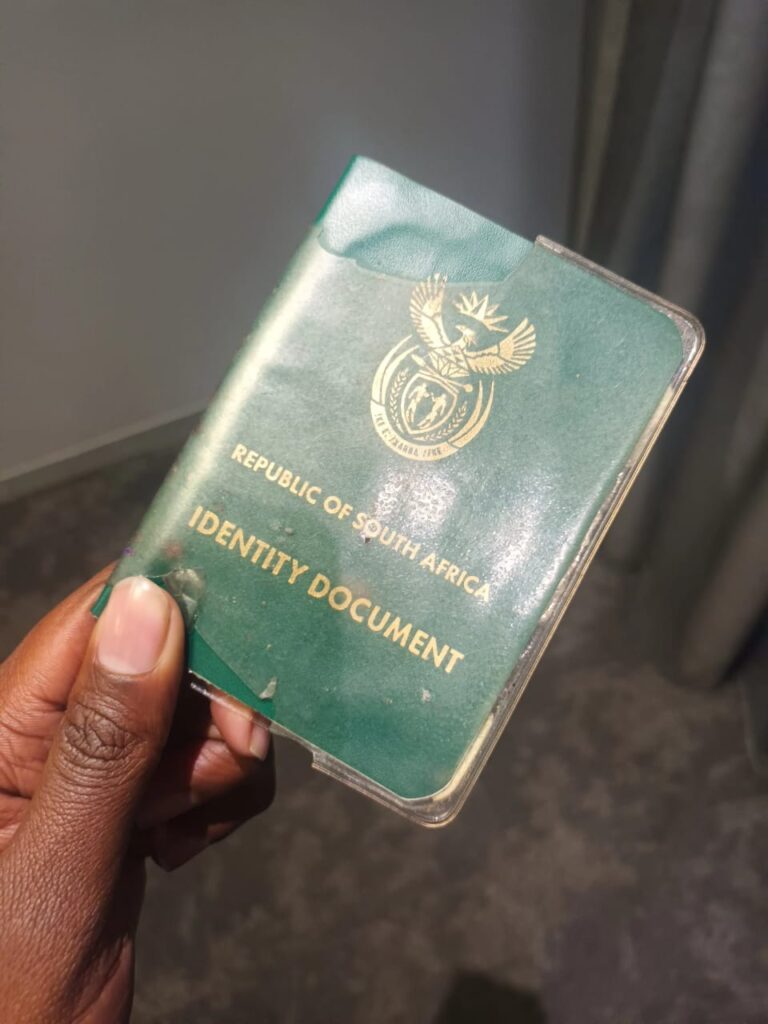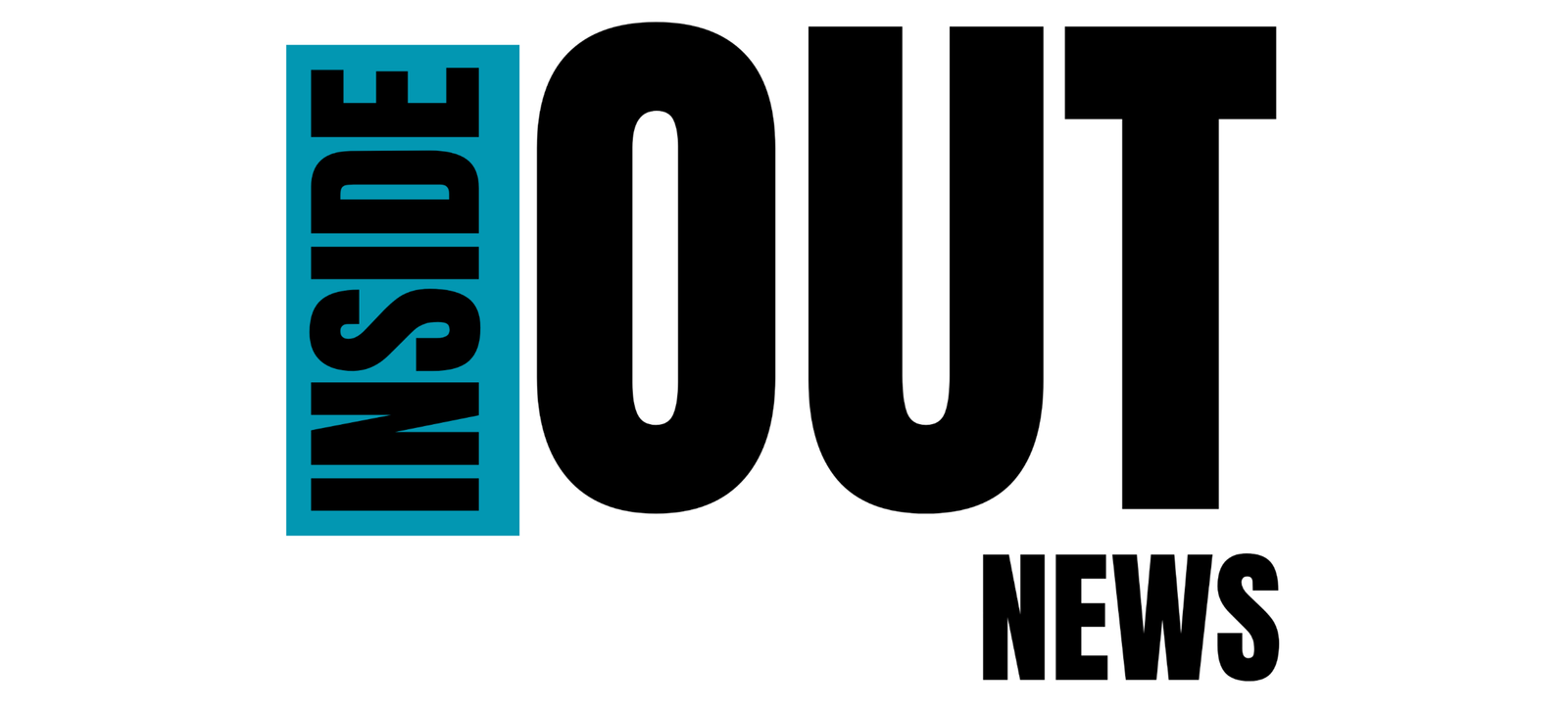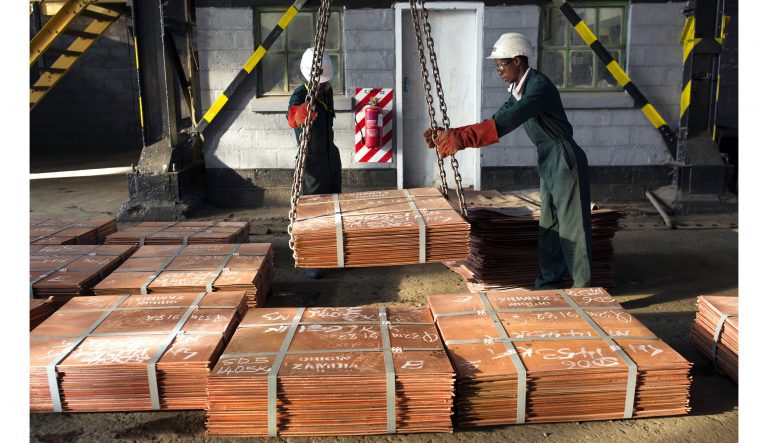Home Affairs hikes ID check fees with new verification system
by Kelebogile Matlou
The Department of Home Affairs will be launching a new upgraded verification system for the National Population Register (NPR), but companies running real-time checksshould prepare to cough up. The DHA has provided the service known as the online verification system (OVS) to third parties that connects them to the NPR since 2013.
This service allows registered users like banks and financial service providers to check identities and other biographical information of their clients against the Home Affairs database. According to the department, these users have been paying 15 cents for real-time verifications against the NPR a price point that has not changed since launch.
However, from July 1, a single real-time verification check will cost R10 per transaction. To compensate for the significant rise, the system would offer non-live batch verifications, in which a user can verify many records at the same time during off-peak hours for R1 per “verification field request,” it said.

image: Kelebogile Matlou
The DHA earlier gazetted a modification in these fees in March 2025, with effect from April 1. However, the gazette was removed and reprinted, with a comment period established. According to DHA Minister Leon Schreiber, the prior 15 cent cost was far lower than market-related fees charged by the private sector for similar services.
It was also far below the cost to the state for providing the service, depriving the department of the resources it needed to maintain the NPR. “Extreme under-pricing has led to profiteering and abuses by some users that overwhelm the NPR and cause failure rates in excess of 50%, contributing to ‘system offline’ failures at Home Affairs offices and threatening national security,” the department said.
While the new pricing represents a significant increase above earlier rates, the department claims it reflects the value of the enhanced NPR verification mechanism. Since its introduction more than a decade ago at an unreasonably cheap cost to users, the “OVS” has greatly beyond the capacity for which it was initially built.
Due to update standstill and rising demands placed on the OVS by institutions, as well as excessive over-use by some institutions due to unsustainable cheap costs, users now encounter a shocking failure rate of more than 50% on “verification checks” against the NPR.
“Even in the case of successful verifications, response times often take hours, thereby defeating the purpose of ‘real-time verification’,” the department said. Both of these factors are directly undermining services that require such verifications, including through the OVS and at Home Affairs offices.
The upgraded system, which will be rolling out from 1 July, now delivers what it was designed to do. “It now performs in real-time and the failure rate has been reduced to below 1%,” the DHA said. For the first time, the new system will also introduce an option for users to do non-live batch verifications during off-peak hours at a significantly lower fee than real-time verifications.
“This will offer both a cost-effective alternative to ‘real-time verifications’ and incentivise users to stop overloading the OVS’ live queue, reducing the problem of ‘system offline’ at frontline Home Affairs offices,” the department said.
Regarding the sharp increase in costs, the department said that the new fees are appropriate for the service provided, and not unreasonable when viewed against the costs charged to clients of the organisations utilising the “OVS”. Importantly, there will continue to be no charge for the use of this service by other government departments.
Schreiber said a healthy and functioning NPR is also a prerequisite for a functional “Digital ID”, which the department aims to roll out. “The NPR must become the central database against which identities are verified as Home Affairs becomes a digital-first department,” he said.




